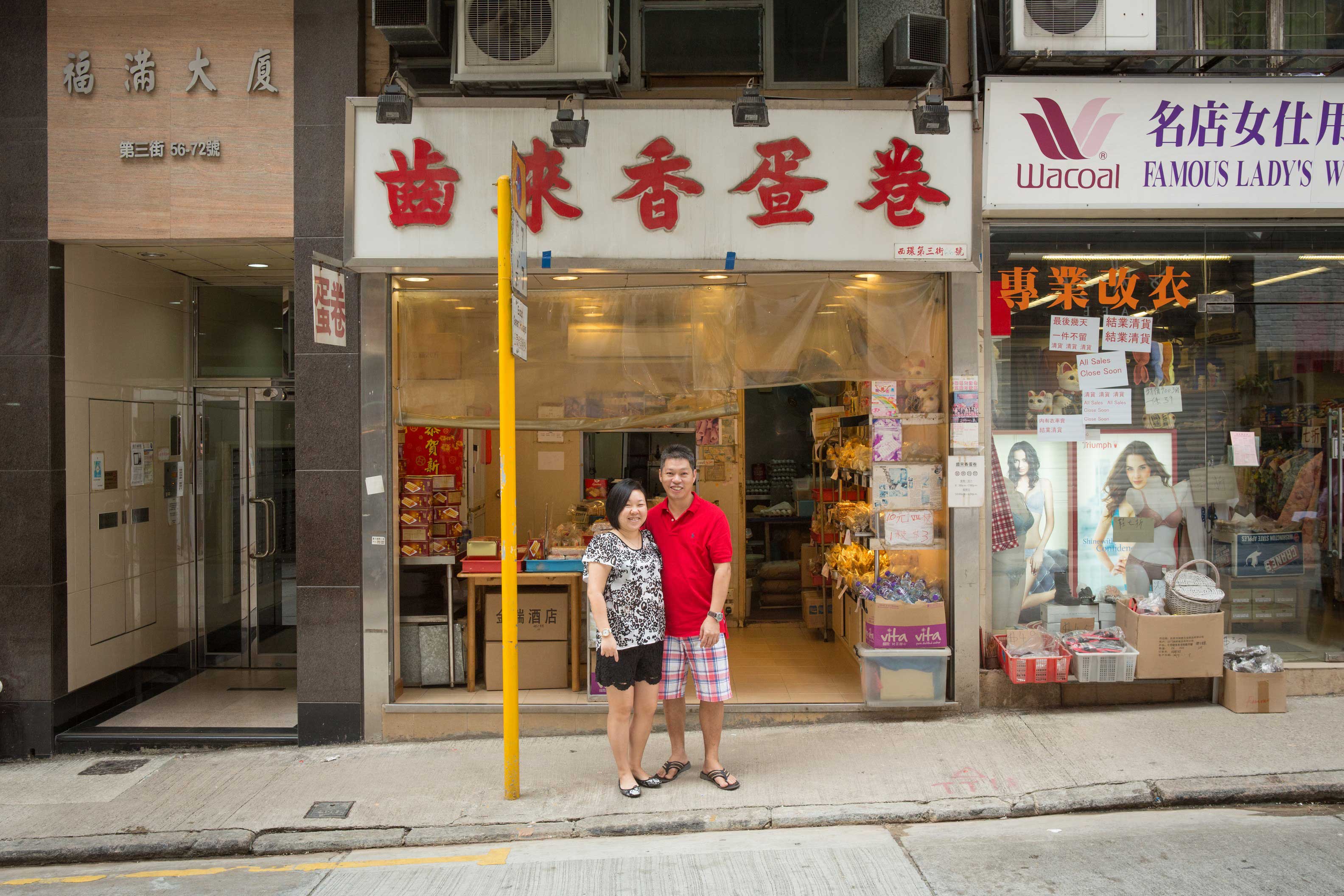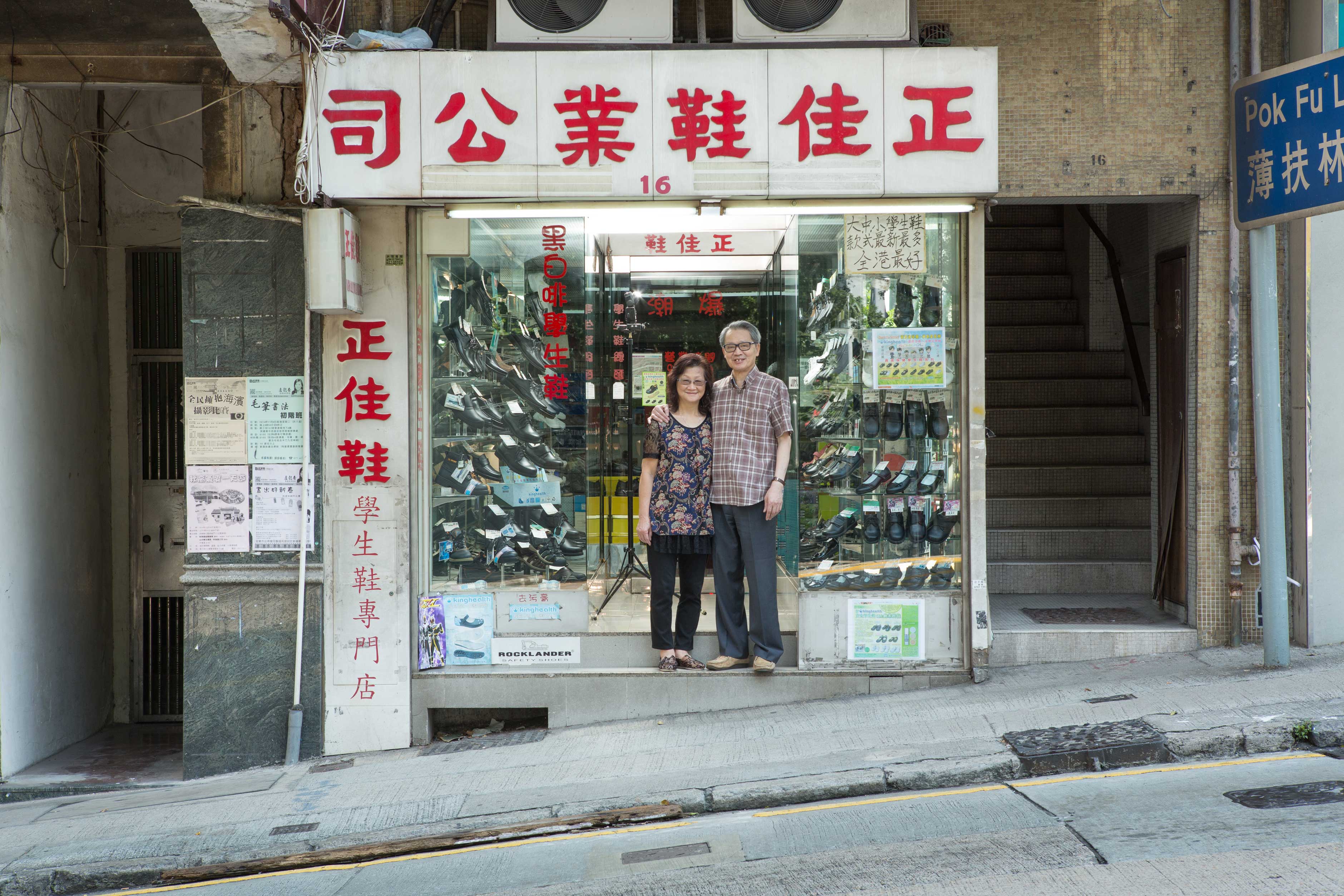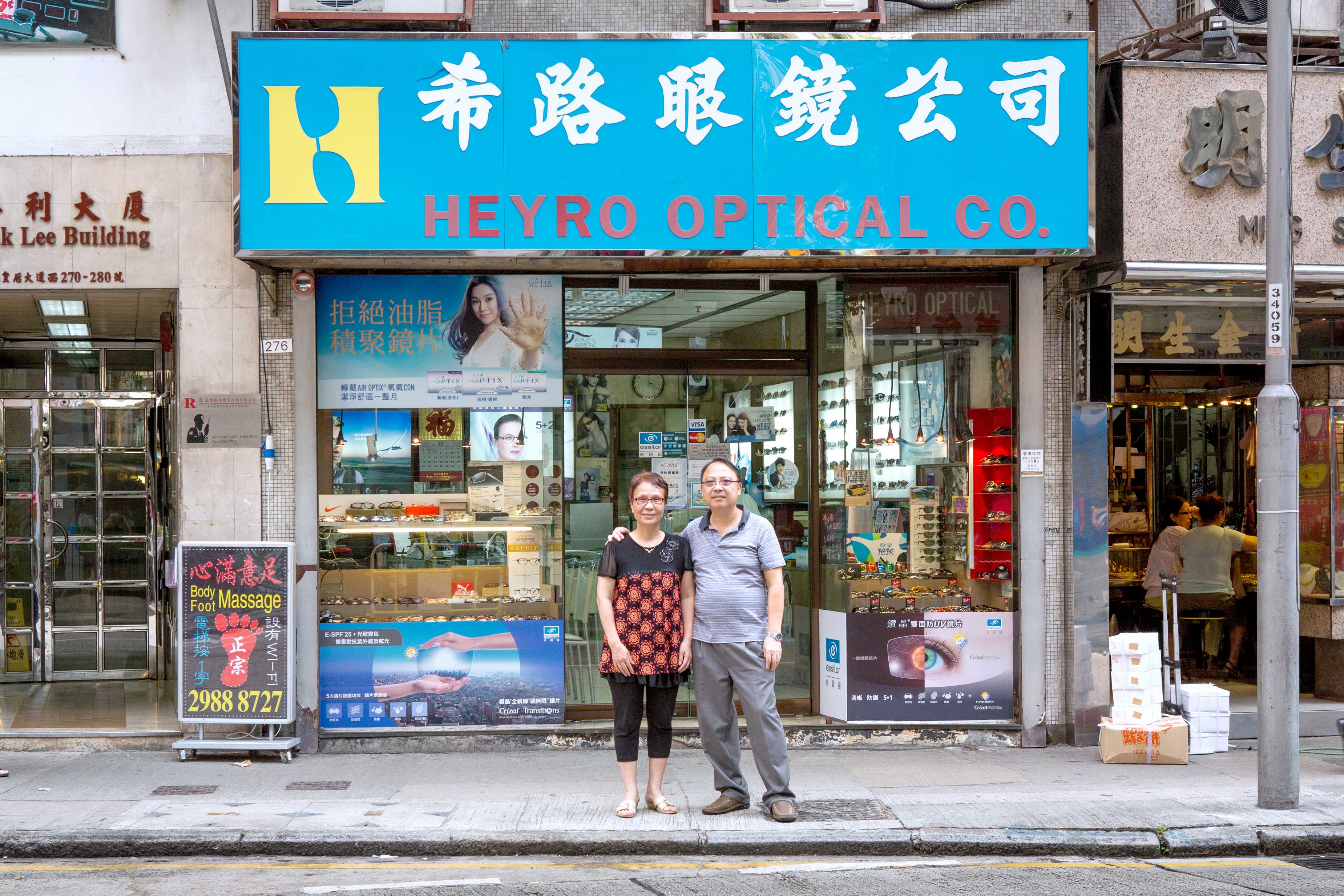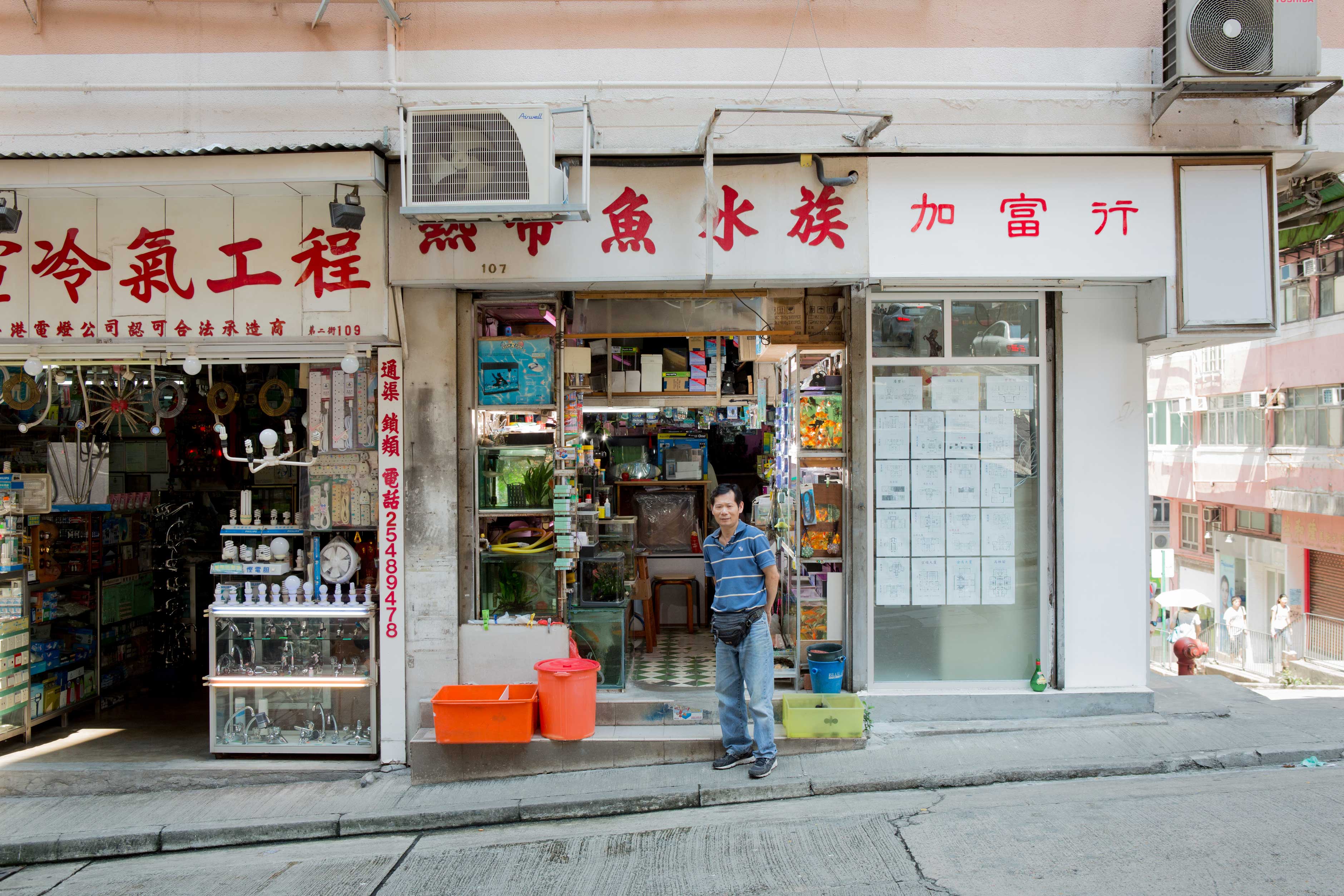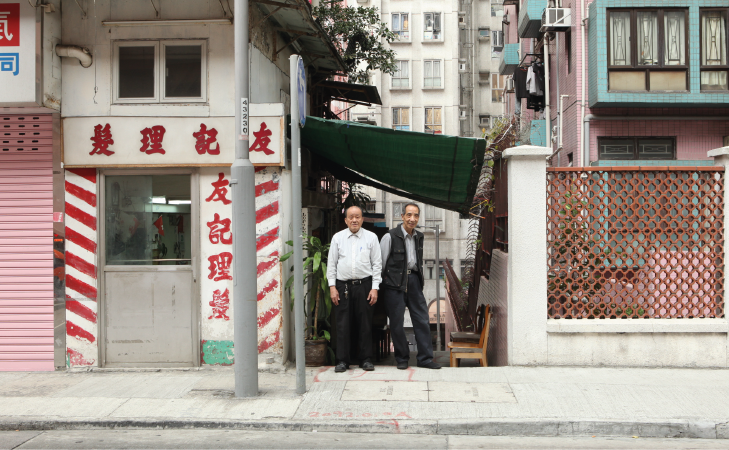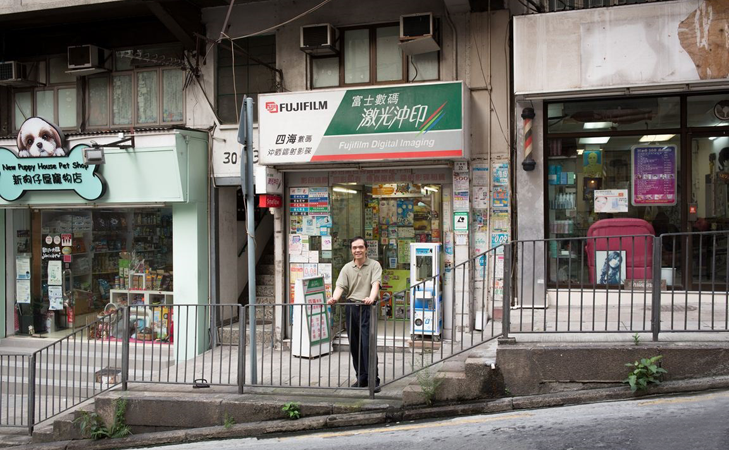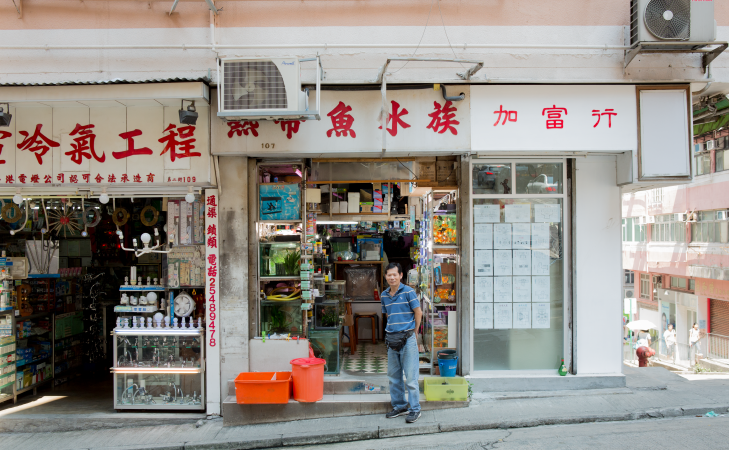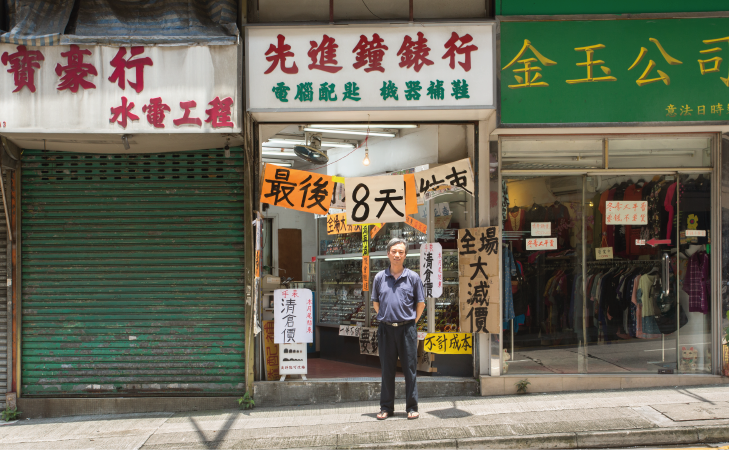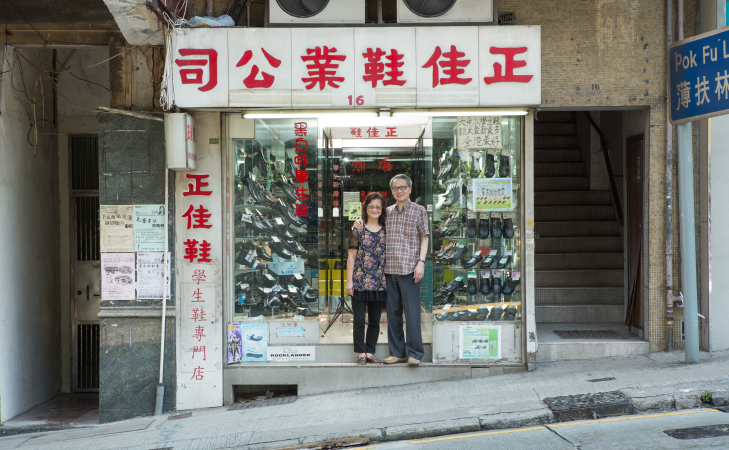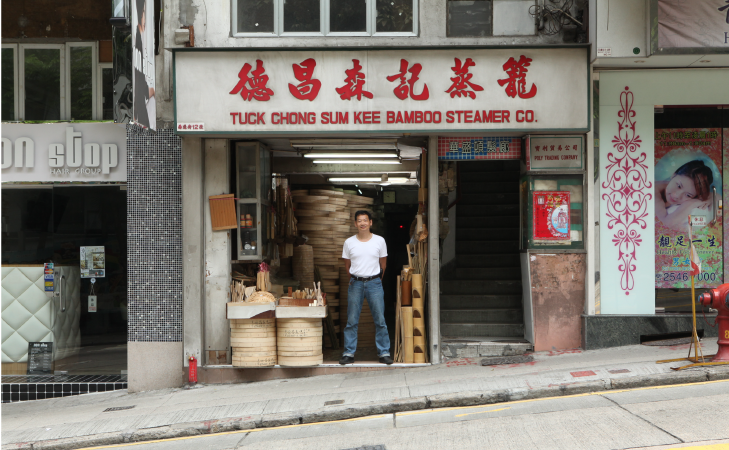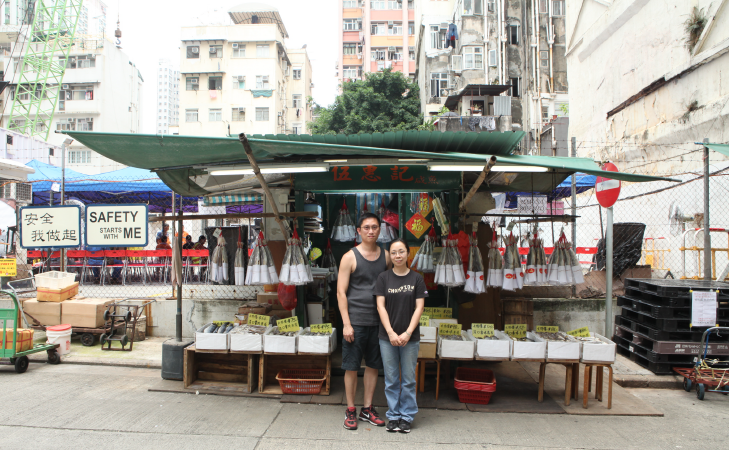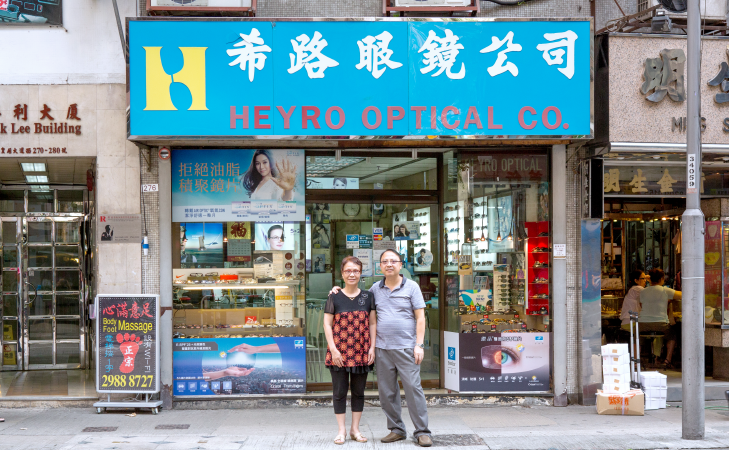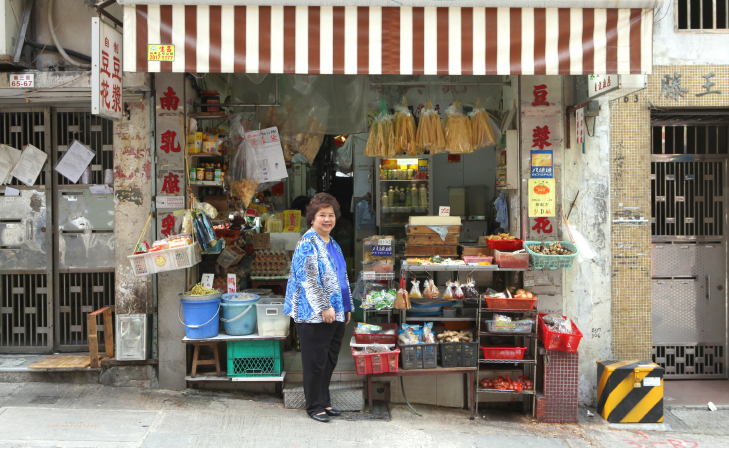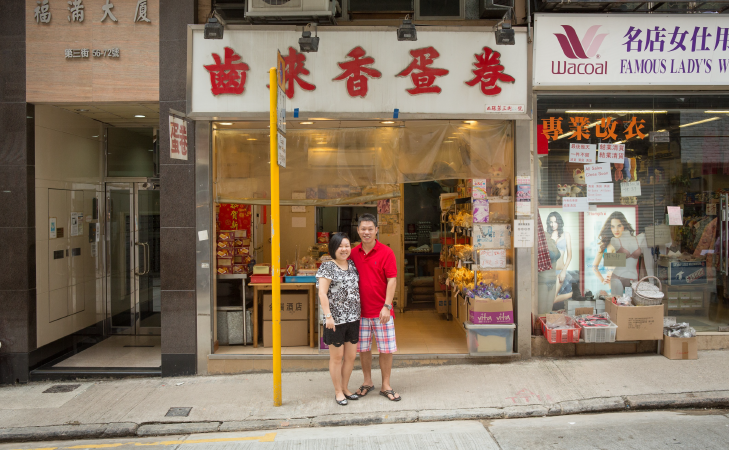-
-
西營盤歷史文化徑
早於1850年代發展的西營盤有如香港歷史的縮影,其城市空間見證了香港的發展歷史。但隨著城市急速發展和地鐵即將通車,這個山城亦步入新舊交替的重建階段。長春社文化古蹟資源中心透過「巷里傳承‧營造西營盤」計畫推出共有三個主題路線的西營盤歷史文化徑,當中包括醫療與衛生發展、教會與學校發展,以及傳統行業與街舖,藉以多角度發掘、紀錄及推廣西營盤獨有的傳統歷史和巷里特色。
傳統行業與街舖
因地利之便,西營盤曾是興旺非常的貿易港口,造就多個傳統行業聚結於此,例如茶商、為華人提供主要糧食的米倉和鹹魚欄,還有經商內地華南的南北行。而繁盛的商業活動亦吸引大量勞動人口於此聚居和工作,因此除大街上的大型倉庫和公司以外,橫街巷里更衍生出各有特色的平民手工業和生活小店。
-
-
SAI YING PUN HERITAGE TRAIL
Sai Ying Pun, a district that has developed significantly since the 1850s, is a microcosm of the history of Hong Kong. While its urban landscape has witnessed the development of Hong Kong’s history, it is now undergoing a redevelopment phase in which the old and the new are mixed because of rapid urban development and the soon-to-arrive MTR line. In light of this, the Conservancy Association Centre for Heritage (CACHe) has launched the ‘Inheriting the Sense of Lanes: We-build Sai Ying Pun’ programme, with the aim to discover, document and promote the unique heritage and characteristic lanes in Sai Ying Pun through different perspectives. As part of the programme, three thematic heritage trails look at the development of medical services and public health, missionary societies and schools, as well as traditional industries and street shops in the area.
SAI YING PUN HERITAGE TRAIL
Because of its convenient location, Sai Ying Pun was once a very vibrant trading port and a lot of traditional industries used to gather here. Among them were rice godowns and salted fish stalls, the main food suppliers for the Chinese; tea merchants; and also Nam Pak Hong, which traded goods between China and South-East Asia. The brisk commercial activities in the area attracted a lot of people to live and work here. As a result, various handicraft industries and grocery stores sprang into existence on the streets and lanes, as well as large-scale warehouses and company offices on the main streets.




